Definitions of scope 1, 2 and 3 emissions. Essentially, scope 1 are those direct emissions that are owned or controlled by a company, whereas scope 2 and 3 indirect emissions are a consequence of the activities of the company but occur from sources not owned or controlled by it.. For most organisations, electricity will be the unique source of scope 2 emissions. Simply stated, the energy consumed falls into two scopes: Scope 2 covers the electricity consumed by the end-user. Scope 3 covers the energy used by the utilities during transmission and distribution (T&D losses).

Scope 1, 2 and 3 Carbon & GHG Emissions Definitions and Examples
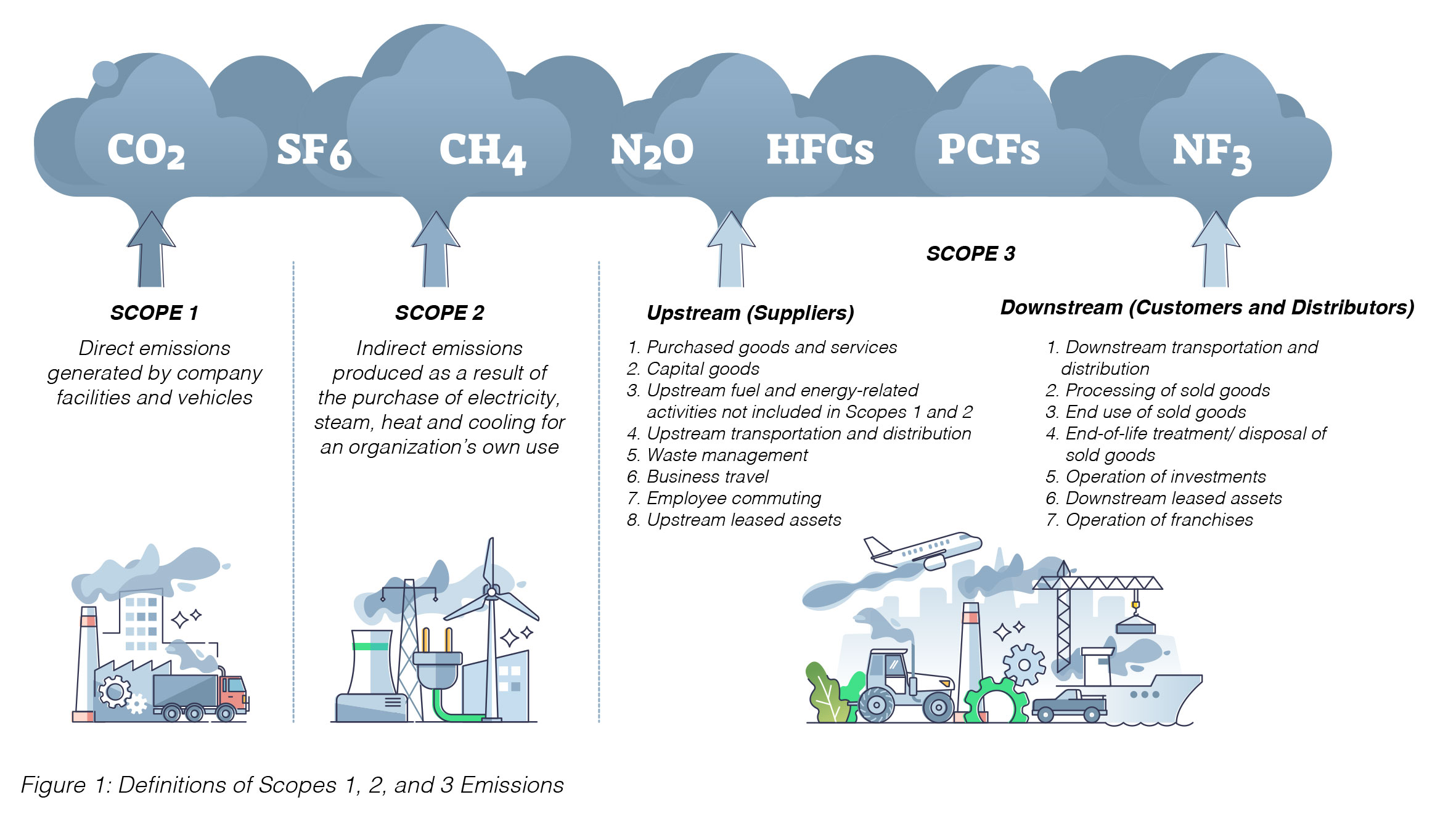
Scope 3 Emissions, Its Categories & Differentiating Scope 1, 2 & 3 Emissions GEP

Scopes Of Emissions As Greenhouse Carbon Gas Calculation Stock Illustration Download Image Now

Tackling Scope 1, 2 and 3 Emissions Within Your Climate Reporting
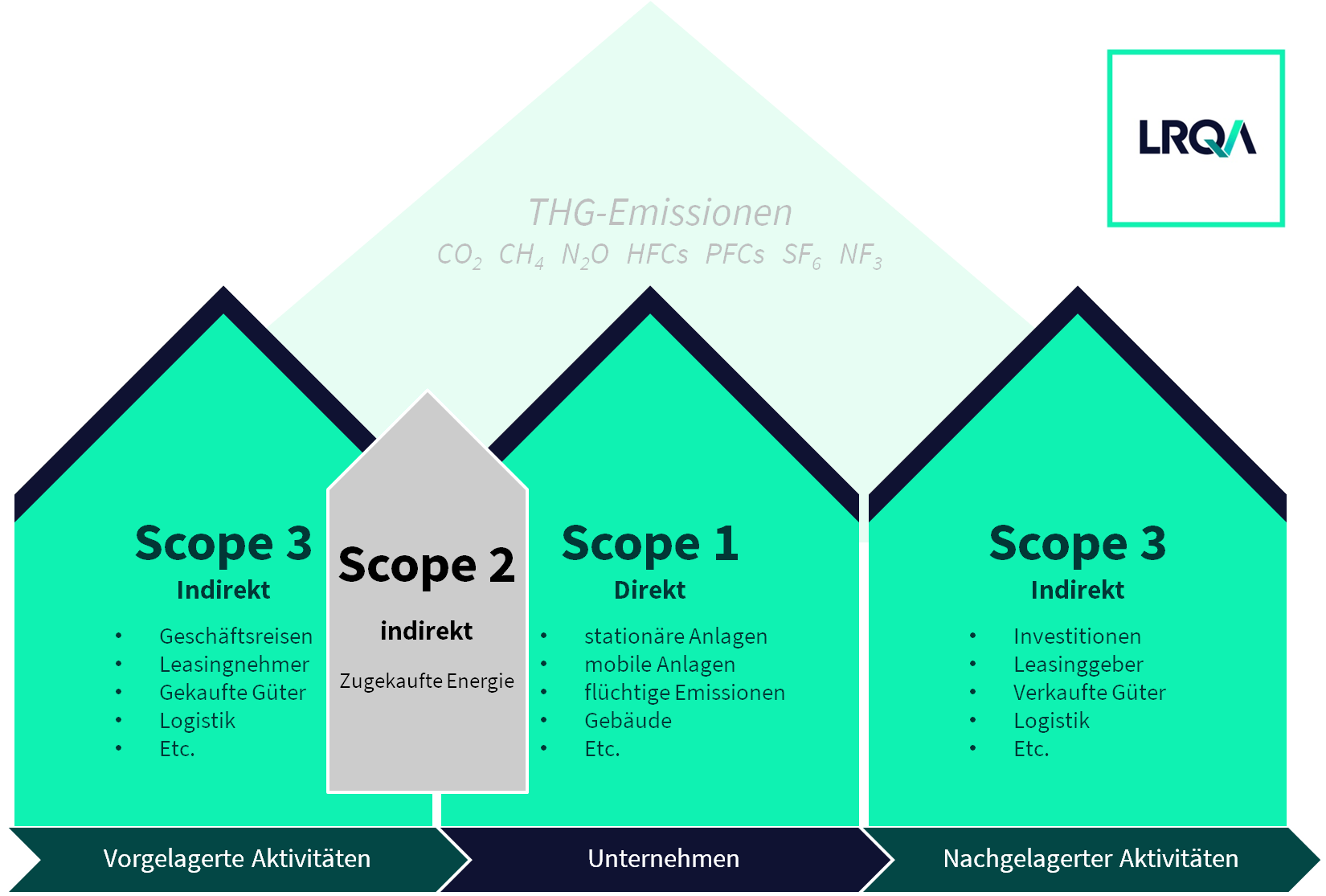
Corporate Carbon Footprint Erklärung, Tipps, Verifizierung LRQA

Scope 1, 2 and 3 Emissions and What It Means for Your Company
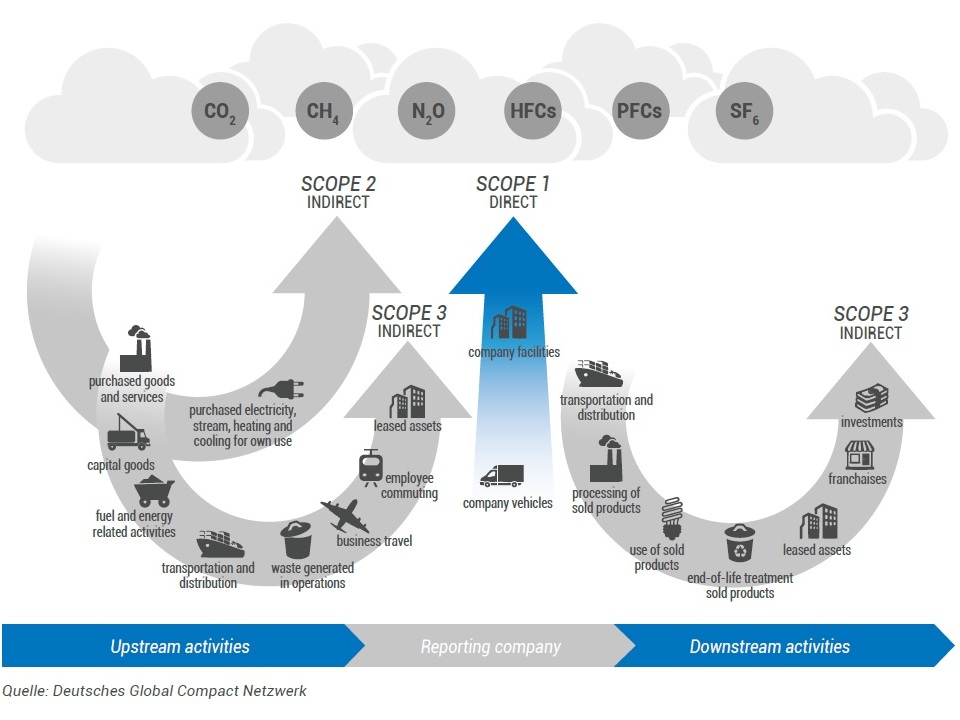
CO2 Emissionen richtig verstehen und vermeiden Axians eWaste
![What Are Scope 1, 2 & 3 Emissions And How Can You Manage Them [Carbon 101 Series] Northmore Gordon What Are Scope 1, 2 & 3 Emissions And How Can You Manage Them [Carbon 101 Series] Northmore Gordon](https://northmoregordon.com/wp-content/uploads/2022/02/Northmoregordon_Overview-of-GHG-protocol-1024x724.jpg)
What Are Scope 1, 2 & 3 Emissions And How Can You Manage Them [Carbon 101 Series] Northmore Gordon
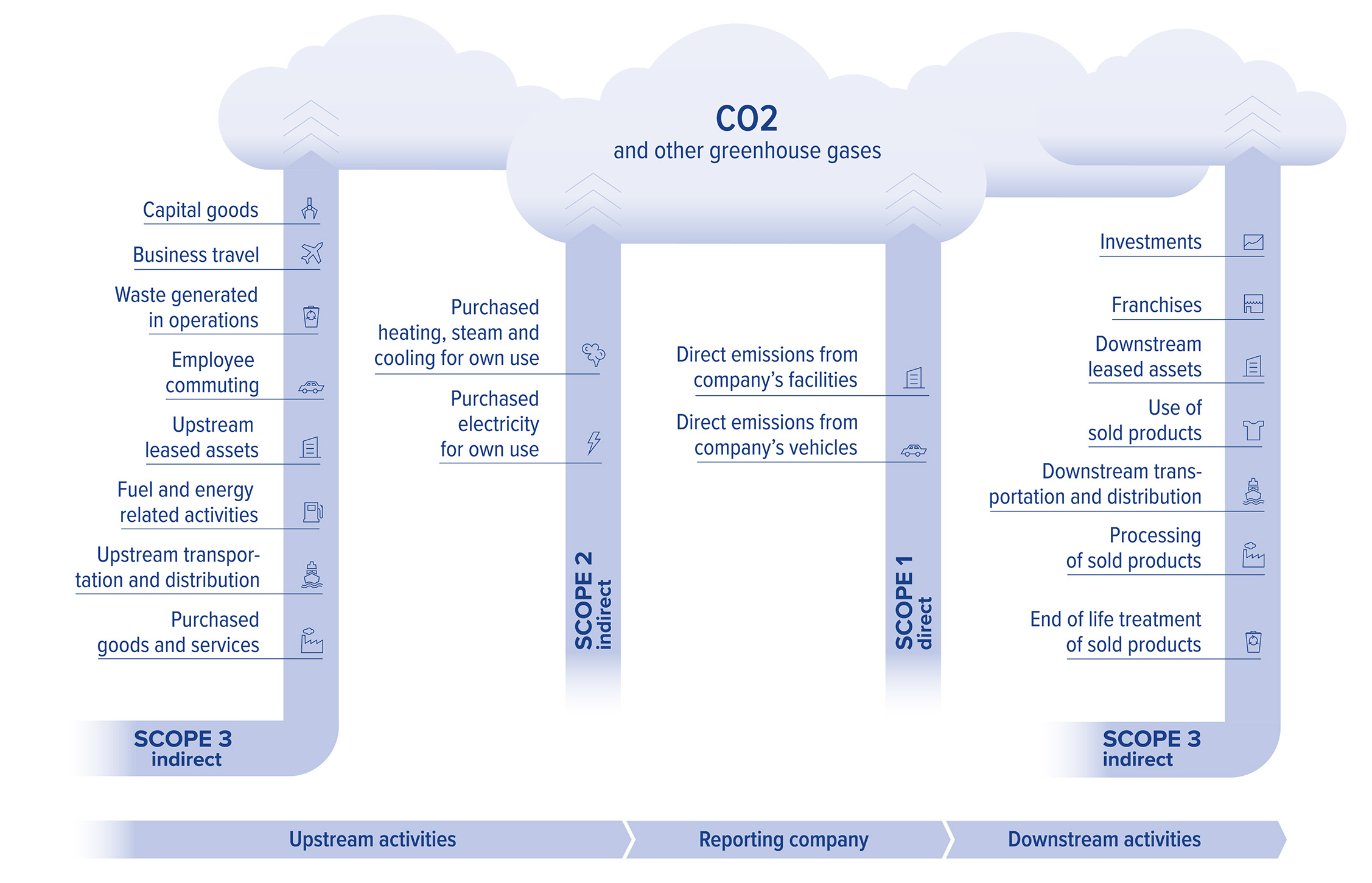
Scope 1, 2, and 3 complete guide ClimatePartner
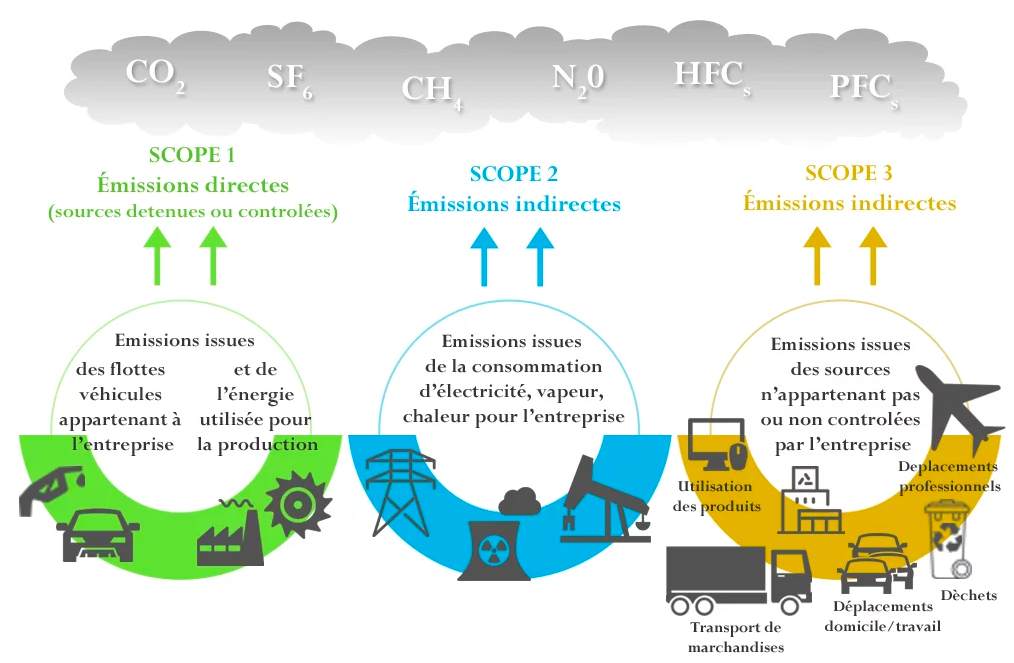
Mapping of SCOPES 1, 2 and 3 according to the GHG Protocol Global Climate Initiatives
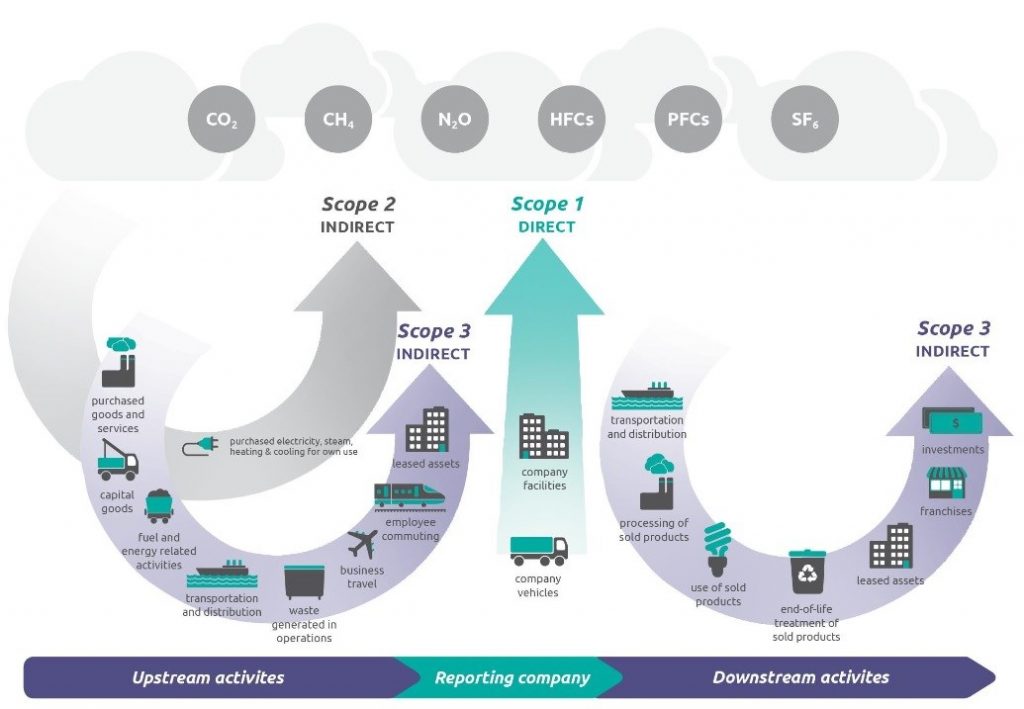
How to Cope with Scope 3 Emissions? Chloe Pan's Sustainability World

What are Scope 1, 2, & 3 emissions? (Infographic) 3Degrees

Carbon emissions and how to calculate them Green Element

Explanation of scope 1 2 3 emissions which are considered in carbon footprint calculations. DFGE
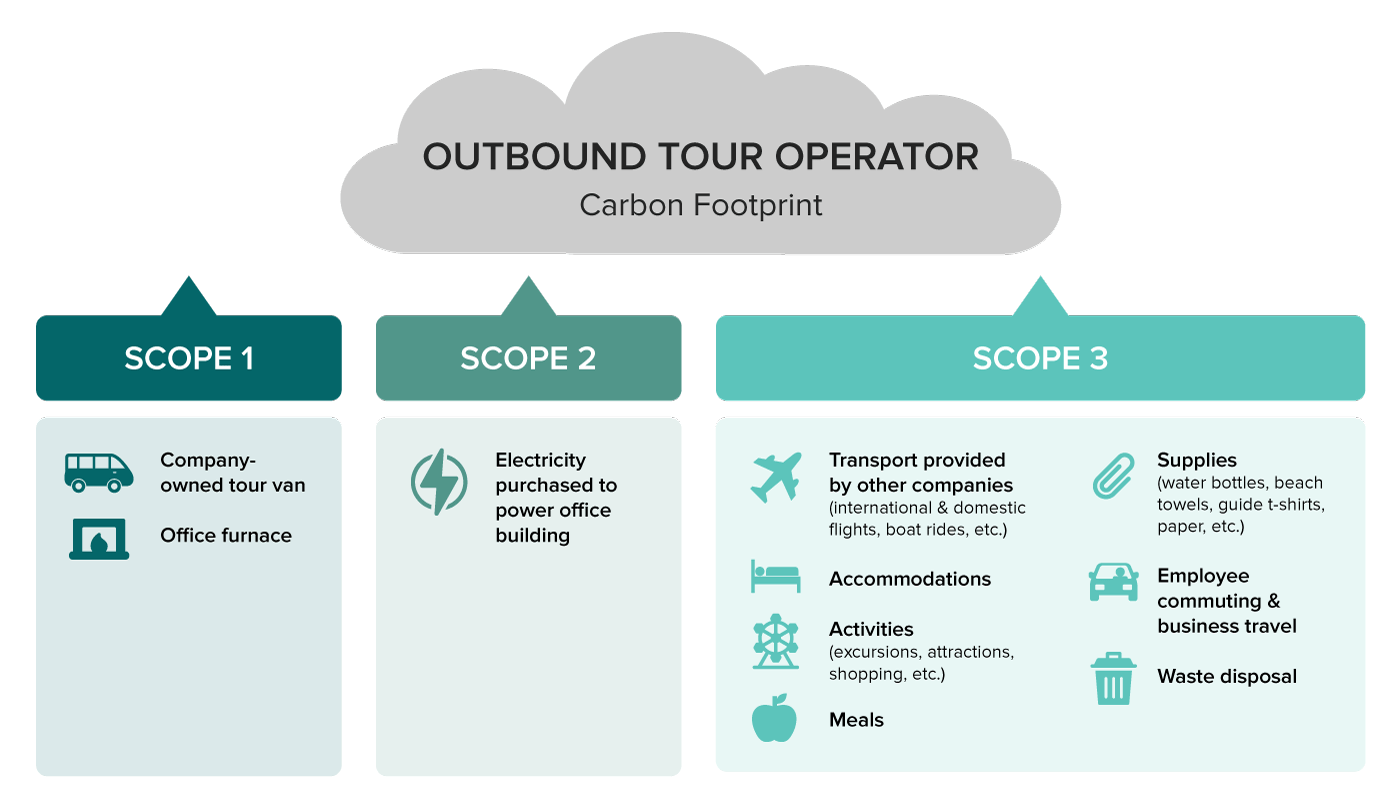
How to calculate your company’s carbon footprint Sustainable Travel International
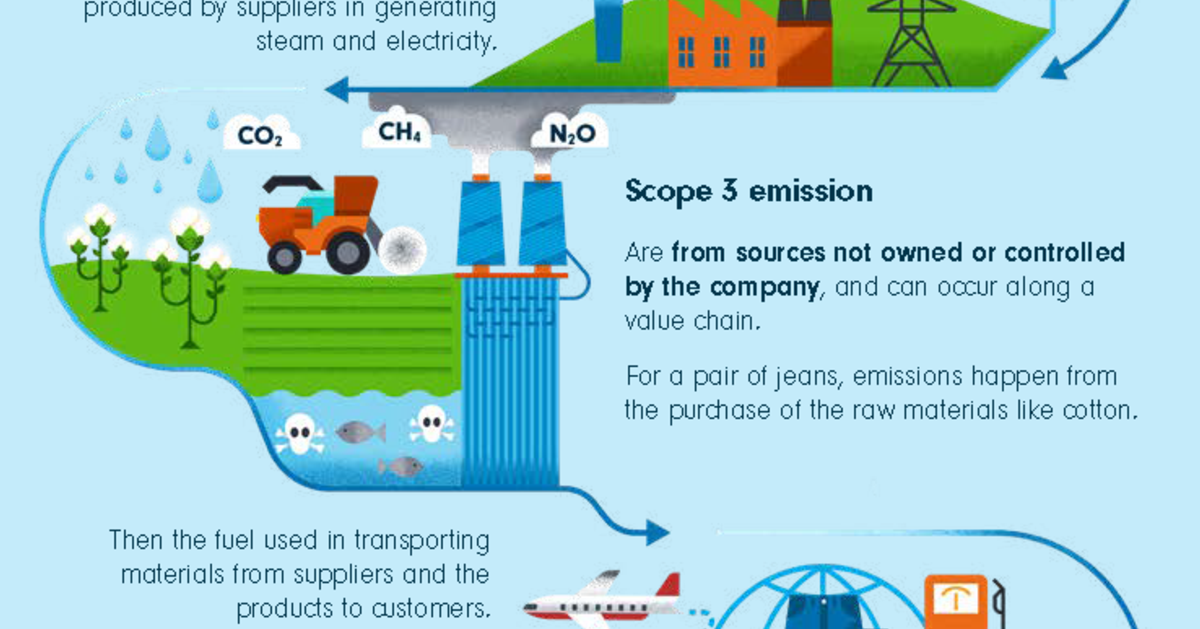
Infographic What are the three scopes of greenhouse gas emissions? Investment Insights

What are Scope 1, 2 and 3 Carbon Emissions?
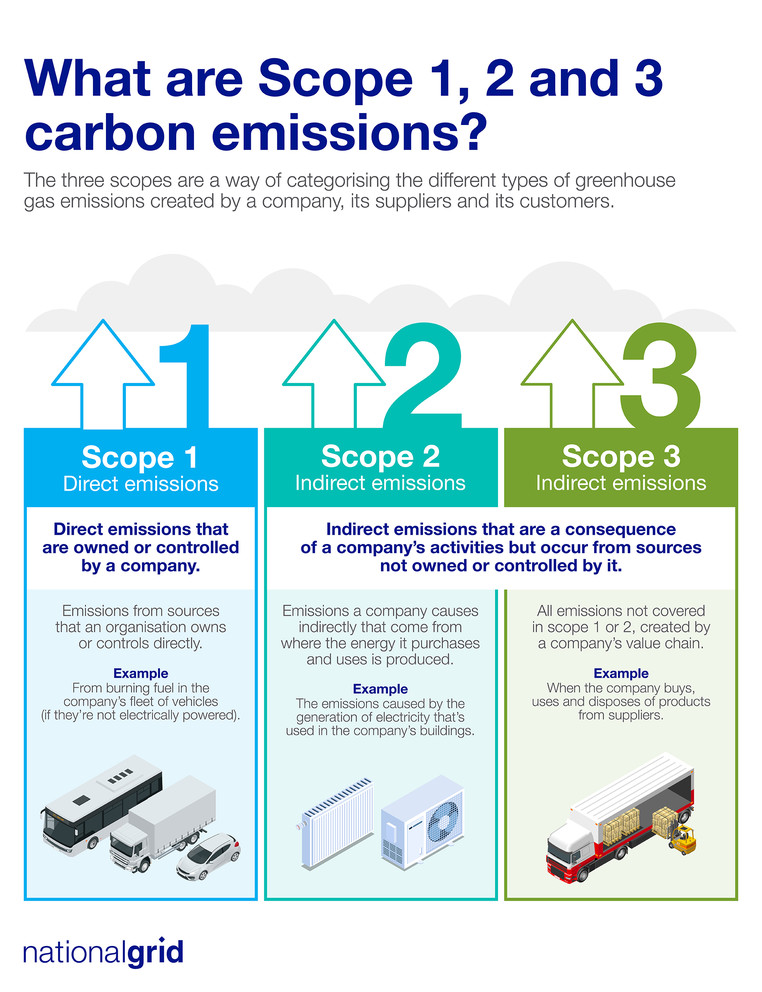
What are scope 1, 2 and 3 carbon emissions? National Grid Group

What Are Scope 1, 2, and 3 Emissions? Blog
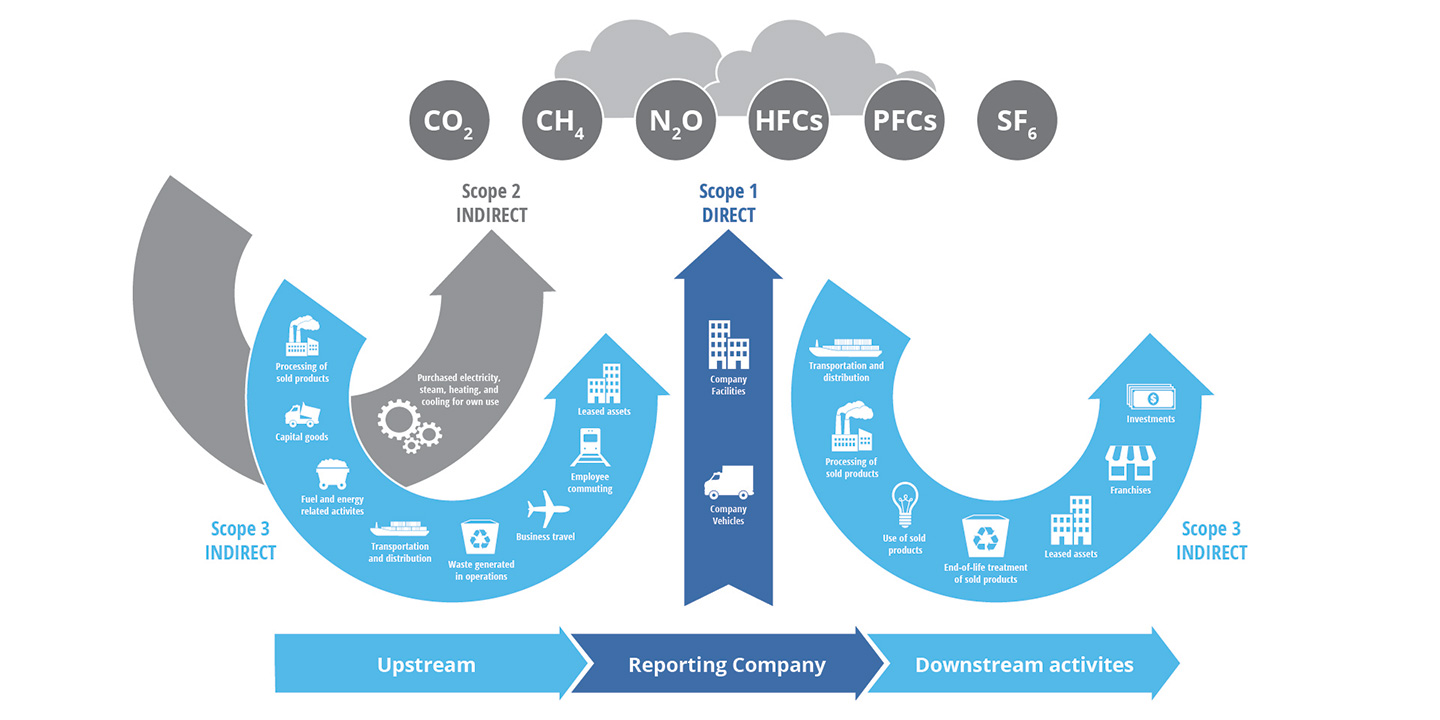
Three Steps for Greenhouse Gas Emissions Reporting
Scope 1 emissions are direct GHG emissions that occur from sources that are controlled or owned by an organization (e.g., emissions associated with fuel combustion in boilers, furnaces, vehicles). Scope 2 emissions are indirect GHG emissions associated with the purchase of electricity, steam, heat, or cooling.. Scope 1, 2, 3 emissions explained. Scope 1, Scope 2, and Scope 3 is a classification system for greenhouse gas (GHG) emissions a firm is creating through its operations, energy usage, and the wider value chain. This categorisation was first introduced in the Greenhouse Gas Protocol, along the system for accounting and reporting corporate GHG.